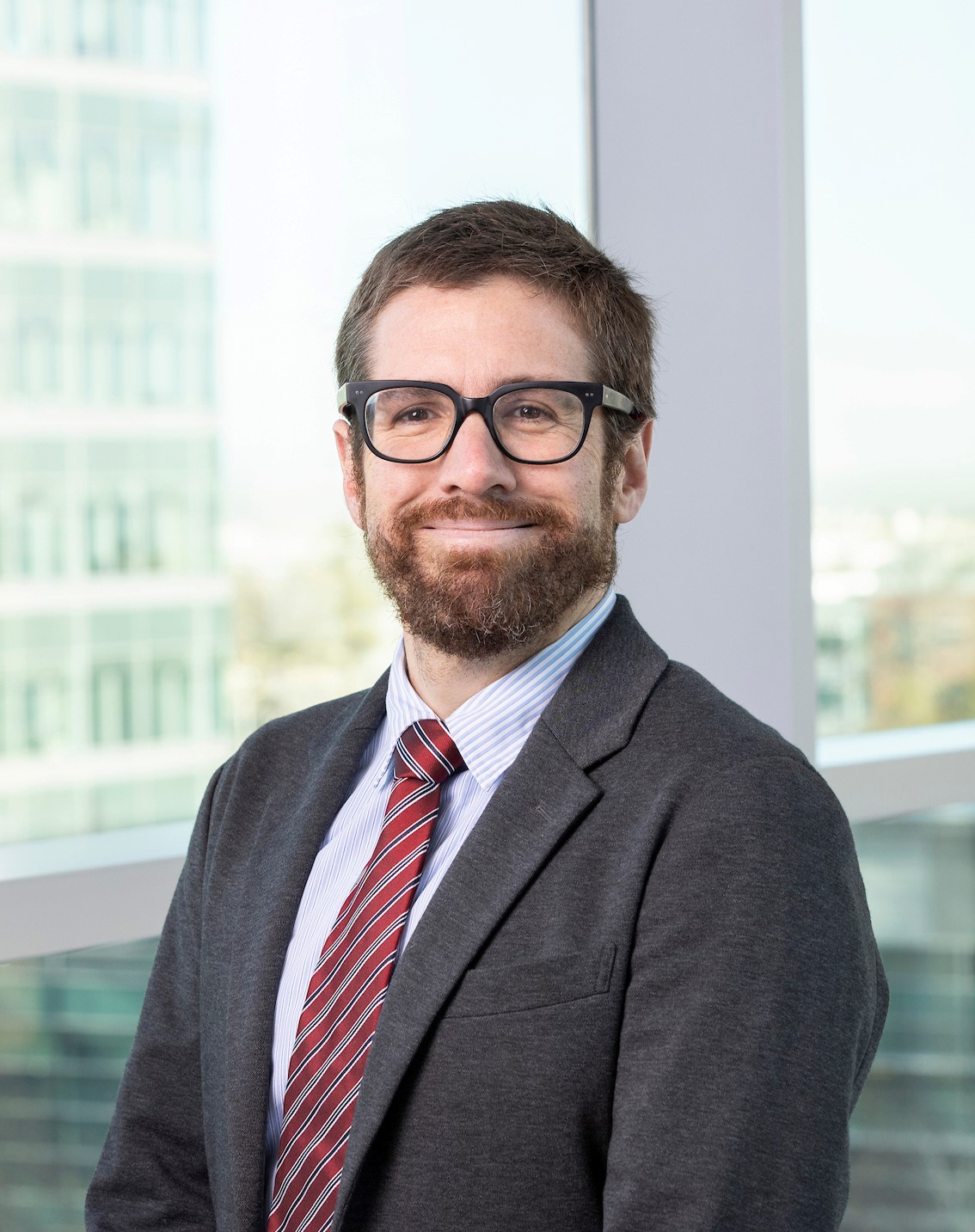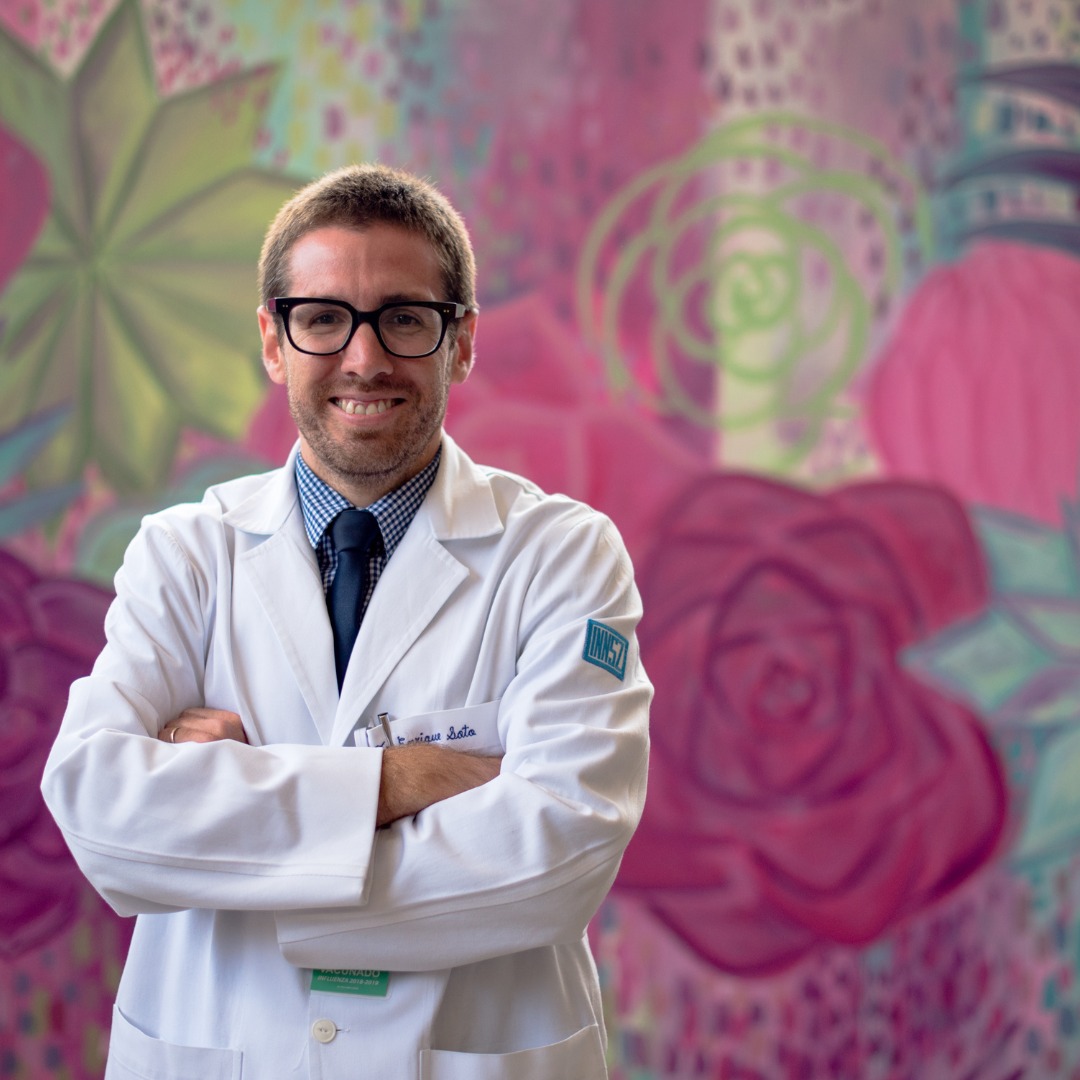Commissioner of the Month for November 2024

Commissioner name
Enrique Soto Pérez de Celis
Job Title
Associate Professor of Medical Oncology, University of Colorado Anschutz Medical
Campus. Associate Director of Global Oncology, University of Colorado Cancer Center.
What is your role on the Lancet Commission for Women, Power, and Cancer?
As a geriatric oncologist, my main role in the commission has been to highlight the issues faced by older women with cancer and their families and caregivers.
Why are you passionate about your work on the Commission?
Throughout my career, I have witnessed how older women with cancer in low- and middle-income countries (LMICs) face systemic barriers—from late diagnoses and limited access to care to economic hardship due to treatment costs. These challenges are compounded by ageism and gender inequities, making this group particularly vulnerable. My passion for working on the Commission comes from a desire to advocate for structural changes that improve cancer care and empower women and families who provide much of the unpaid caregiving.
The Commission's intersectional feminist framework aligns with my belief that cancer care must go beyond treating the disease—it should address the social and economic dimensions that affect outcomes for older women and their relatives. Through my work, I hope to help develop policies that bridge these inequities, creating sustainable models of care for vulnerable populations.
What drew you to join the Commission?
I was drawn to the Lancet Commission on Women, Power, and Cancer because it allowed me to address two critical gaps that have defined much of my career: the underrepresentation of older adults, particularly women, in cancer care and research, and the disparities faced by older patients and caregivers in low- and middle-income countries (LMICs).
What excites you most about the ongoing work of the Commission in 2024?
I am excited about the Commission's commitment to embedding gender and age equity into global cancer care strategies. In 2024, we will continue to explore how local knowledge and practices in LMICs can inform global policy, driving reverse innovation that benefits both high- and low-resource settings.
Additionally, I am inspired by our efforts to incorporate the lived experiences of women with cancer into policy discussions. These stories highlight the emotional, physical, and economic toll that cancer takes on families, reinforcing the need for holistic, family-centered care models. Through this work, we aim to empower communities to actively participate in shaping cancer care policies that meet their unique needs.
How has your work in gender equity helped you care for people with cancer, conduct research, or influence policy?
Promoting gender equality has been fundamental to my clinical practice and research. In cancer care, it has meant advocating for the use of comprehensive geriatric assessments to tailor treatments for older women. Many healthcare systems overlook the needs of older adults, particularly women, resulting in inappropriate treatments or delays in care. By integrating gender-sensitive approaches we can ensure that patients receive individualized care that considers not just their medical needs but also their social context.
In research, we should emphasize inclusive clinical research, pushing for better representation of older adults and women to ensure that new treatments are safe and effective for them. Policy work should be focused on ensuring that healthcare systems in LMICs recognize and value unpaid caregiving labor—often performed by women. These efforts align with the Commission's goal of promoting transformative changes in cancer policy and care delivery.

What do you like to do outside of work?
Outside of work, I enjoy playing soccer, mountain biking, and traveling. I believe sports provide us with a sense of camaraderie and allow us to de-stress and recharge.